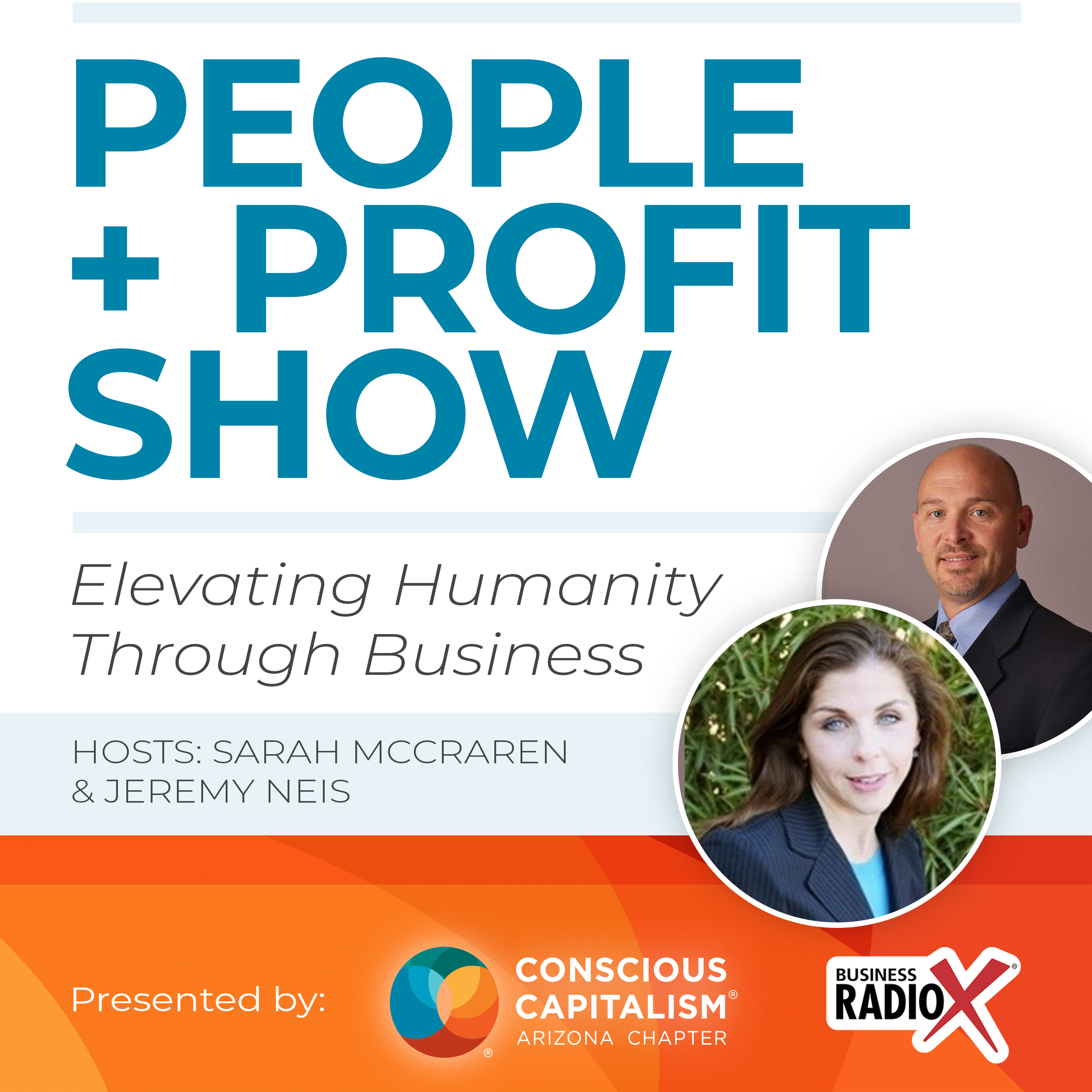What is one thing a business can do that will lead to more long-term sustainability?
To help small businesses with creating long-term sustainability, we asked CEOs and business professionals this question for their best strategies. From turning mistakes into learning opportunities to asking the right questions, there are several ways that may help you implement the best strategies for long-term sustainability for years to come.
Here are nine strategies to build long-term sustainability for small businesses:
- Invest in Employee Stock Ownership Plans (ESOPs)
- Add Value to Society
- Ask the Right Questions
- Survey Resources with Integrated Reports
- Evaluate Company Policies Regularly
- Research Venture Capital
- Keep Learning and Expanding
- Pair Together Passion and Expertise
- Turn Mistakes into Learning Opportunities
Invest in Employee Stock Ownership Plans (ESOPs)
If a company wants to become more sustainable, they should consider becoming an ESOP. Companies with ESOPs financially outperform companies that aren’t by an average of 35% per year. Of course, it’s not just about being an ESOP. Rather, CEOs must take on the responsibility of teaching their employees to think like owners, so the employees will ultimately be able to act like owners.
Howard Stewart, AGM Container Controls
Add Value to Society
Focusing on their higher purpose and ensuring to answer the question: what value are they providing society and is it at scale? As long as that is continually assessed and the business is willing to adapt as needed they could have long-term business success.
Randy Gibb, Colangelo College of Business at Grand Canyon University
Ask the Right Questions
Ask the best questions! That’s one thing businesses can do to lead to more long-term sustainability. Consider this: a simple thing we can all easily and immediately do is invite the voice of young people into the boardroom. Let’s not stop there. Let’s invite diversity into the board room. And ask what about if we start valuing wisdom in addition to knowledge? What if businesses acted like the “elders” in their ecosystem? What questions would they ask? What questions can we as business leaders ask to give voice to wisdom?
We can also expand our timeline. It’s not enough to look at the next 3 or 5 years. As visionaries, we must look a lot further out. We must look beyond the immediate time in front of us and consider what the world will be like in 25 or even 50 years from now. It’s like the saying “plant trees under whose shade you don’t expect to sit.” The planting we do now is worthy work.
Yolande Grill, InfoSol Inc.
Survey Resources with Integrated Reporting
Every organization should be using social accounting to illuminate its essential intangible resources, such as relationships (social capital), knowledge (intellectual capital), purpose (spiritual capital), and cultural and reputational capital. Frameworks like Integrated Reporting are also a powerful tool for creating win-win strategies and developing integrated thinking, a holistic understanding of how a firm creates value and its interdependencies with its stakeholders.
Elizabeth Castillo, Arizona State University
Evaluate Company Policies Regularly
One way is for business leaders to prioritize an annual evaluation looking at how sustainable the company’s policies, practices, and impact are. Few companies list out impact zones to evaluate. Like it or not, all companies in business leave an impact in multiple areas, positive or destructive. Listing out all areas of impact is important if we are to evolve how we do business, locally and globally, so that we can increase the positive impact.
Laurel Elders, The Institute for Integrative Coach Training
Research Venture Capital
Traditional business loans are now being offered at an all-time low-interest rate, so why not take advantage of them. While getting a traditional loan is easier than ever before, some businesses may not meet the typical requirements for traditional loans, such as the minimum sales amount and credit history. In those instances, you should consider other alternatives such as crowdfunding, venture capital, and angel investment, etc. Crowdfunding has especially gained popularity with the advent of platforms like GoFundMe that can be easily promoted online.
Sundip Patel, LendThrive
Keep Learning and Expanding
One of the best ways to ensure that your business is sustainable in the long term is to never get complacent and never stop learning. The businesses that have not been sustainable over time are those that did something great for a period of time and then settled there. There’s a number of reasons why these businesses chose this route. Like humans, businesses will try to avoid short-term pain, oblivious to the fact it will likely bring them long-term gain. What’s most important is to think about how you can prevent having the same fate. That’s where the push to never stop learning comes in. Keep listening to your customers, the market, and the data. Never think you have all the answers. Be flexible with your product, your way of thinking, and the vision you have for your business.
Mike Krau, Markitors
Pair Together Passion and Expertise
More long-term sustainability relies on dedication. You can’t plant seeds and then walk away and expect results or for them to last. The key is passion. If you settle into a venture that you’re not passionate about then you won’t want to dedicate the work to sustain the business in the long run. Also be sure to continue your education, being an expert in something requires continually keeping up to date with it. Don’t become stagnant.
Vanessa Molica, The Lash Professional
Turn Mistakes in Learning Opportunities
Foster positivity in their culture by focusing on finding the opportunity or gift in every situation. This can be done by making a game or exercise out of every negative situation or mistake made. We have all heard the phrase “there are no mistakes, just convert them to learning opportunities.” The game could be to keep score of who produces the most positive ideas.
Do this for a week or better yet a month and see what happens to morale, creativity, innovation, and more!
Dr. Bob Ruotolo, Quantum Performance Institute
Terkel creates community-driven content featuring expert insights. Sign up at terkel.io to answer questions and get published.





